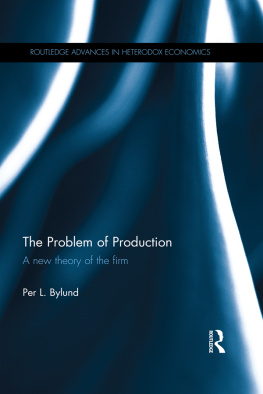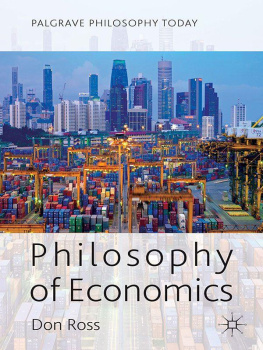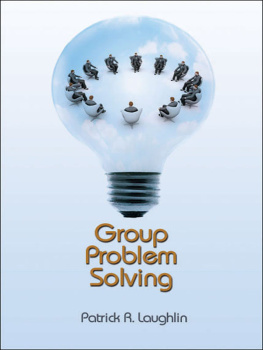Rosa Luxemburg - The Accumulation of Capital
Here you can read online Rosa Luxemburg - The Accumulation of Capital full text of the book (entire story) in english for free. Download pdf and epub, get meaning, cover and reviews about this ebook. year: 2003, publisher: Luxemburg, Rosa, 1871-1919., Routledge, Schwarzschild, Agnes, genre: Romance novel. Description of the work, (preface) as well as reviews are available. Best literature library LitArk.com created for fans of good reading and offers a wide selection of genres:
Romance novel
Science fiction
Adventure
Detective
Science
History
Home and family
Prose
Art
Politics
Computer
Non-fiction
Religion
Business
Children
Humor
Choose a favorite category and find really read worthwhile books. Enjoy immersion in the world of imagination, feel the emotions of the characters or learn something new for yourself, make an fascinating discovery.
- Book:The Accumulation of Capital
- Author:
- Publisher:Luxemburg, Rosa, 1871-1919., Routledge, Schwarzschild, Agnes
- Genre:
- Year:2003
- Rating:5 / 5
- Favourites:Add to favourites
- Your mark:
The Accumulation of Capital: summary, description and annotation
We offer to read an annotation, description, summary or preface (depends on what the author of the book "The Accumulation of Capital" wrote himself). If you haven't found the necessary information about the book — write in the comments, we will try to find it.
Chapter 1
The Object of Our Investigation
KARL MARX made a contribution of lasting service to the theory of economics when he drew attention to the problem of the reproduction of the entire social capital. It is significant that in the history of economics we find only two attempts at an exact exposition of this problem: one by Quesney, the father of the Physiocrats, at its very inception; and in its final stage this attempt by Marx. In the interim, the problem was ever with bourgeois economics. Yet bourgeois economists have never been fully aware of this problem in its pure aspects, detached from related and intersecting minor problems: they have never been able to formulate it precisely, let alone solve it. Seeing that the problem is of paramount importance, their attempts may all the same help us to some understanding of the trend of scientific economics.
What is it precisely that constitutes this problem of the reproduction of total capital? The literal meaning of the word reproduction is repetition, renewal of the process of production. At first sight it may be difficult to see in what respect the idea of reproduction differs from that of repetition which we can all understand why such a new and unfamiliar term should be required. But in the sort of repetition which we shall consider, in the continual recurrence of the process of production, there are certain distinctive features. First, the regular repetition of reproduction is the general sine qua non of regular consumption which in its turn has been the precondition of human civilisation in every one of its historical forms. The concept of reproduction, viewed in this way, reflects an aspect of the history of civilisation. Production can never be resumed, there can be no reproduction, unless certain prerequisites such as tools, raw materials and labour have been established during the preceding period of production. However, at the most primitive level of mans civilisation, at the initial stage of mans power over nature, this possibility to re-engage in production depended more or less on chance. So long as hunting and fishing were the main foundations of social existence, frequent periods of general starvation interrupted the regular repetition of production. Some primitive peoples recognised at a very early stage that for reproduction as a regularly recurring process certain measures were essential; these they incorporated into ceremonies of a religious nature; and in this way they accepted such measures as traditional social commitments. Thus, as the thorough researches of Spencer and Gillen have taught us, the totem cult of the Australian negroes is fundamentally nothing but certain measures taken by social groups for the purpose of securing and preserving their animal and vegetable foodstuffs; these precautions had been taken year by year since time immemorial and thus they became fossilised into religious ceremonials. Yet the circle of consumption and production which forms the essence of reproduction became possible only with the invention of tillage with the hoe, with the taming of domestic animals, and with cattle-raising for the purpose of consumption. Reproduction is something more than mere repetition in so far as it presupposes a certain level of societys supremacy over nature, or, in economic terms, a certain standard of labour productivity.
Rosa Luxemburg was a revolutionary socialist who fought and died for her beliefs. In January 1919, after being arrested for her involvement in a workers uprising in Berlin, she was brutally murdered by a group of right-wing soldiers. Her body was recovered days later from a canal. Six years earlier she had published what was undoubtedly her finest achievement, The Accumulation of Capital - a book which remains one of the masterpieces of socialist literature. Taking Marx as her starting point, she offers an independent and fiercely critical explanation of the economic and political consequences of capitalism in the context of the turbulent times in which she lived, reinterpreting events in the United States, Europe, China, Russia and the British Empire. Many today believe there is no alternative to global capitalism. This book is a timely and forceful statement of an opposing view.
Words : 165,054
Formats : EPUB, MOBI
Pages : 517
Rosa Luxemburg: author's other books
Who wrote The Accumulation of Capital? Find out the surname, the name of the author of the book and a list of all author's works by series.

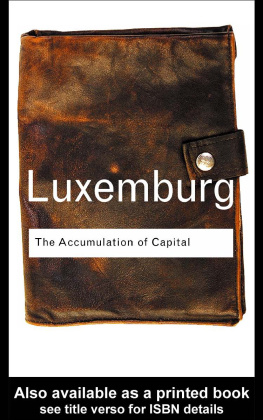


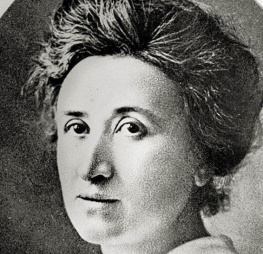

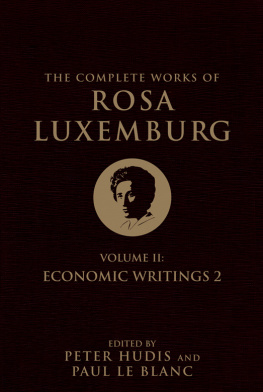
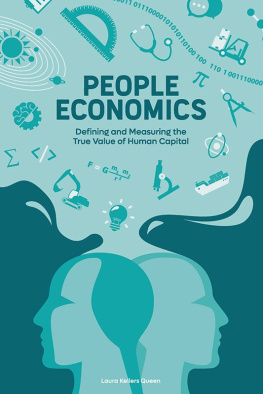



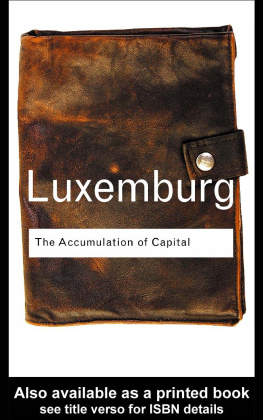
![David Orrell [David Orrell] - Quantum Economics](/uploads/posts/book/114631/thumbs/david-orrell-david-orrell-quantum-economics.jpg)
